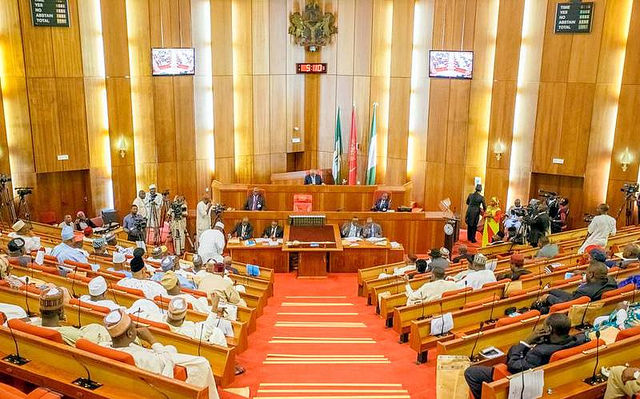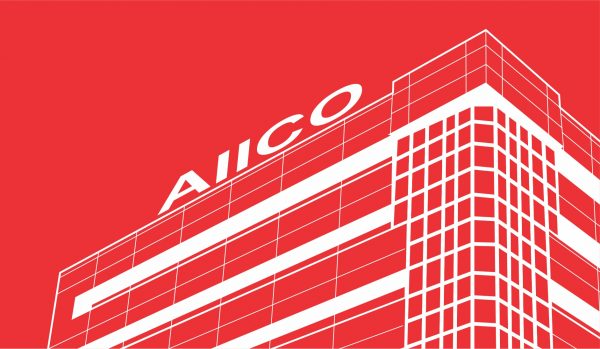
The Nigerian Senate has passed the landmark Insurance Consolidated Bill, introducing sweeping reforms aimed at revitalizing the country’s insurance industry. Among its key provisions, the bill mandates substantial increases in minimum capital requirements for insurance companies operating in Nigeria, marking a significant step toward strengthening the sector.
The bill, sponsored by Senator Adetokunbo Abiru, Chairman of the Senate Committee on Banking, Insurance, and Other Financial Institutions, was approved after a clause-by-clause consideration at the Committee of the Whole, chaired by Deputy Senate President Barau Jibrin. A majority of lawmakers supported the bill during the voice vote.
Key Provisions of the Bill
The new legislation raises the minimum capital for non-life insurance companies from N3 billion to N15 billion, life insurance from N2 billion to N10 billion, and reinsurance businesses from N10 billion to N35 billion. The updated requirements are aligned with a risk-based capital approach determined by the National Insurance Commission (NAICOM).
Senator Abiru highlighted the necessity of these increases, citing currency depreciation, the Finance Act 2022, and the need for international competitiveness in the context of the African Continental Free Trade Agreement (AfCFTA).
“The provisions of the current insurance law do not resonate with the current dynamics and evolving needs of Nigeria’s insurance industry,” he stated. Abiru underscored that the obsolete legal framework had hindered the industry’s ability to address modern challenges and compete globally.
Consolidation of Existing Laws
The Insurance Consolidated Bill harmonizes several existing laws, including the Insurance Act 2003, Marine Insurance Act, Motor Vehicles (Third Party Insurance) Act, and others. This streamlined framework aims to eliminate regulatory inefficiencies, boost consumer protection, and promote transparency within the industry.
Senate Debate
While the bill garnered widespread support, Senator Jimoh Ibrahim expressed concerns about the potential impact of the new capital requirements, warning that the increases could lead to the extinction of insurance companies in Nigeria. He argued for maintaining the current capital requirement of N2 billion for insurance firms. However, his proposal was not seconded or supported during the vote.
NAICOM’s Reaction
In a statement following the bill’s passage, NAICOM commended the Senate for this significant milestone, describing the legislation as a “game-changer” for Nigeria’s insurance sector. The commission expressed optimism that the reforms would unlock the growth and potential of the industry while significantly improving its contribution to Nigeria’s GDP.
The regulator emphasized that the bill addresses long-standing challenges such as low insurance penetration and provides a robust framework for competition in both African and global markets.
Next Steps
The bill will now be transmitted to the House of Representatives for concurrence. If approved, it will proceed to the President for assent. If discrepancies arise, both chambers will establish a harmonization committee to finalize the legislation.
With its passage, the bill marks the beginning of a transformative era for Nigeria’s insurance industry, setting the stage for growth, innovation, and international competitiveness.









